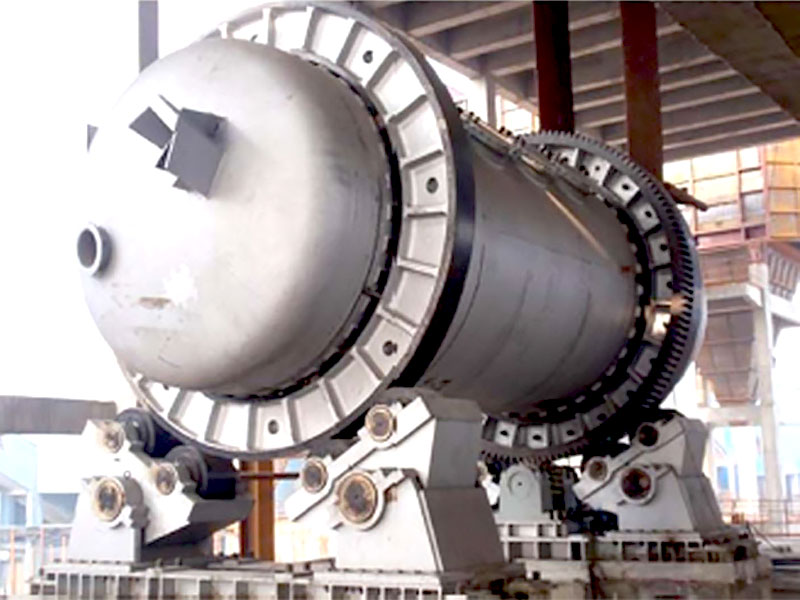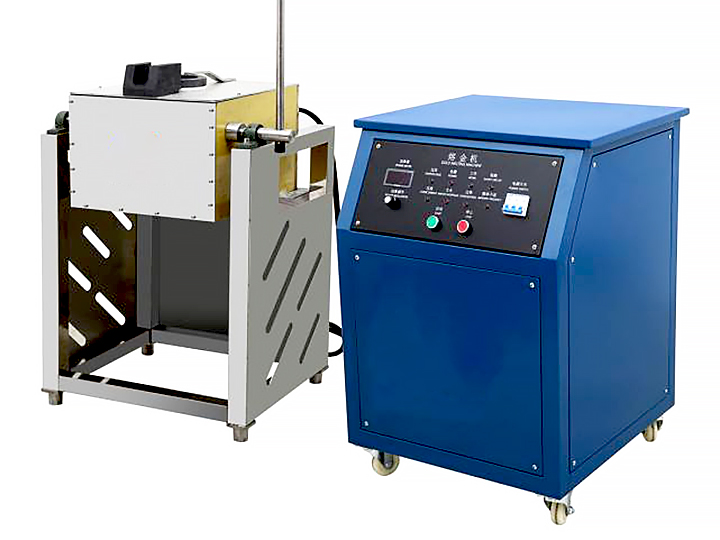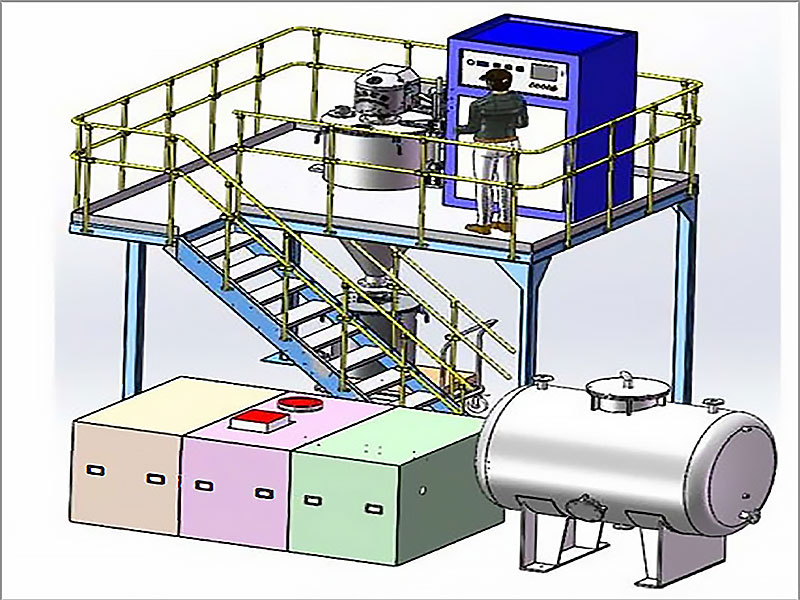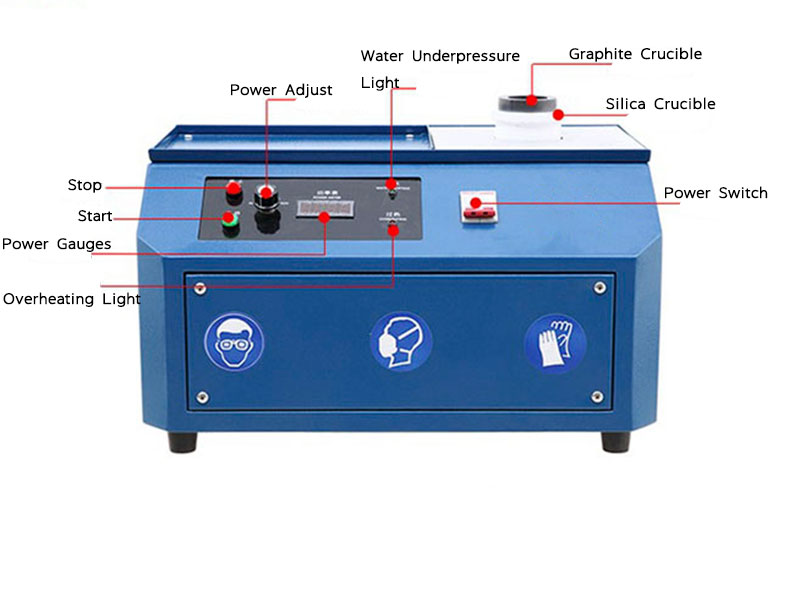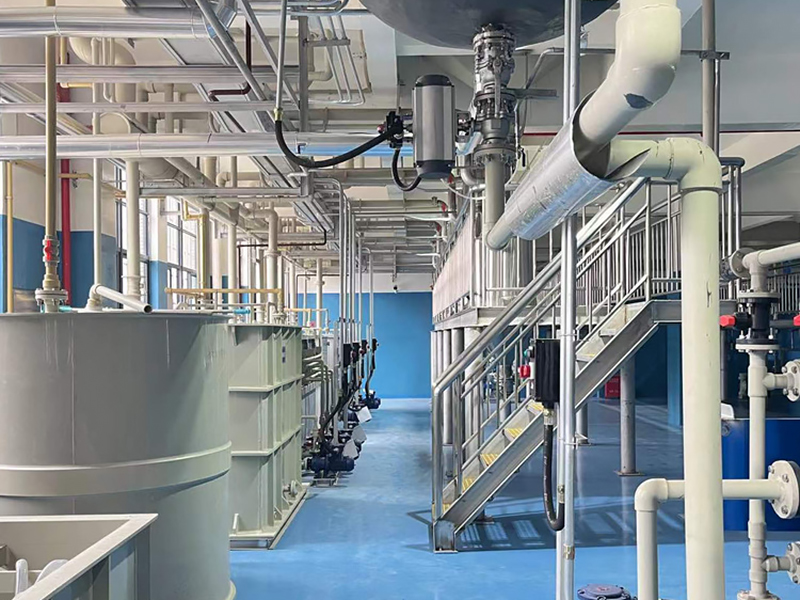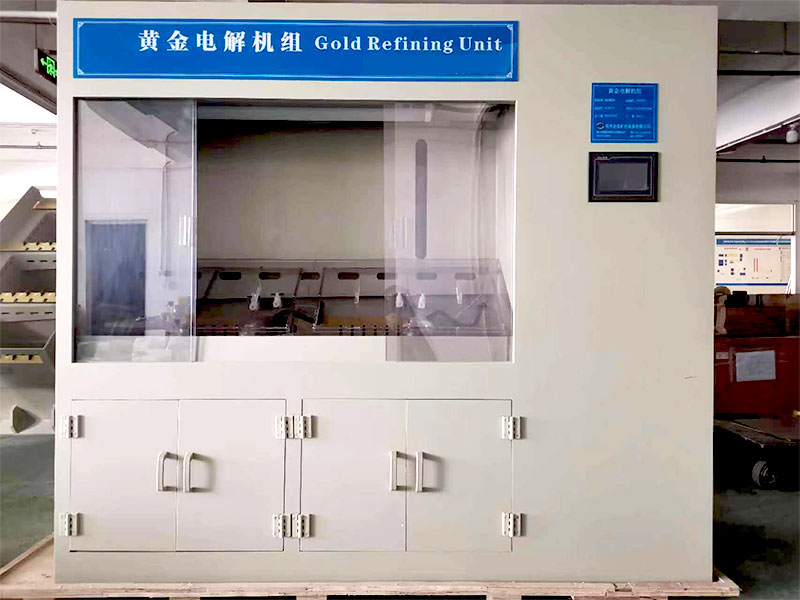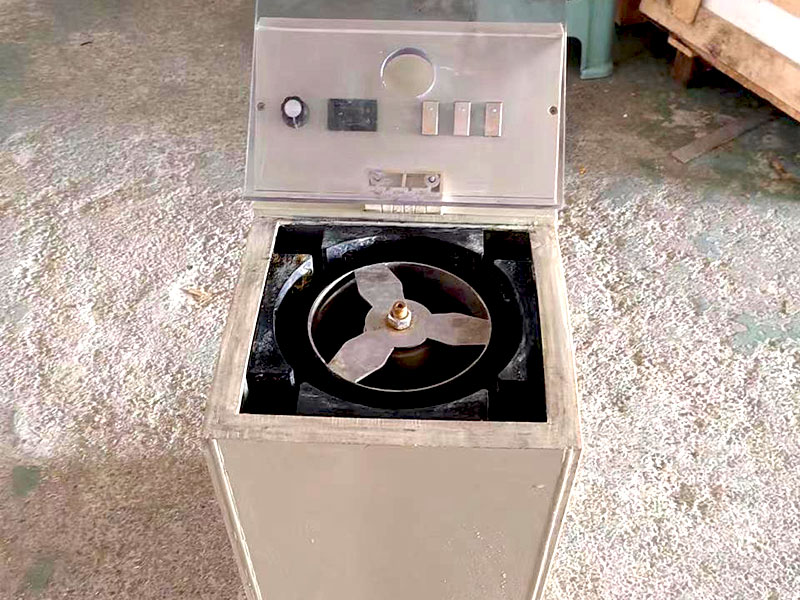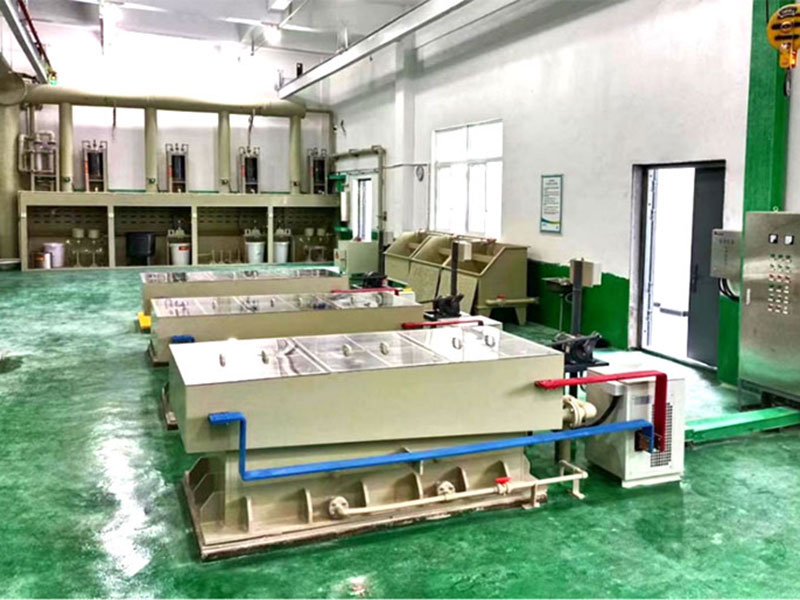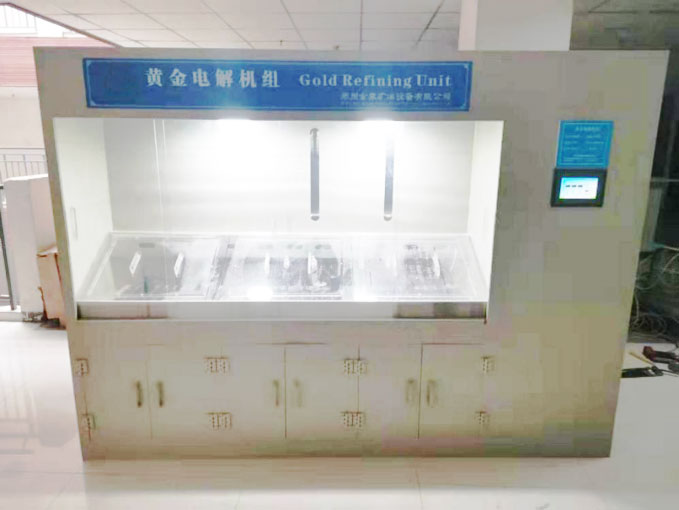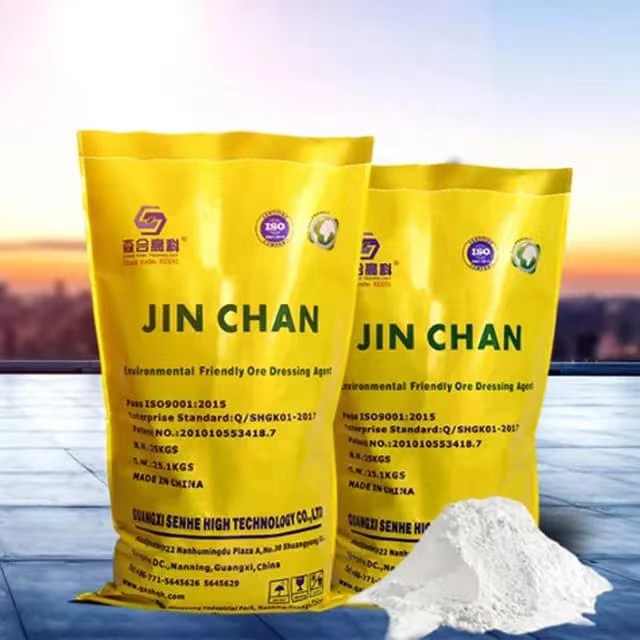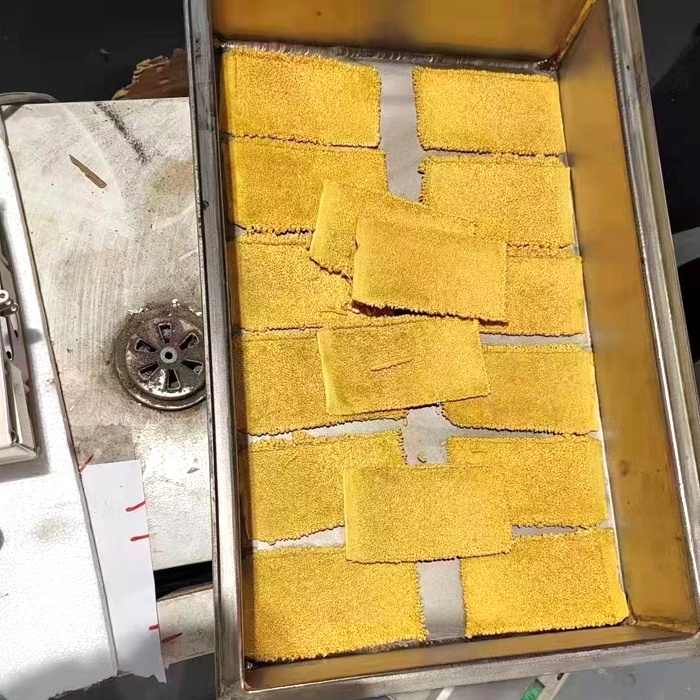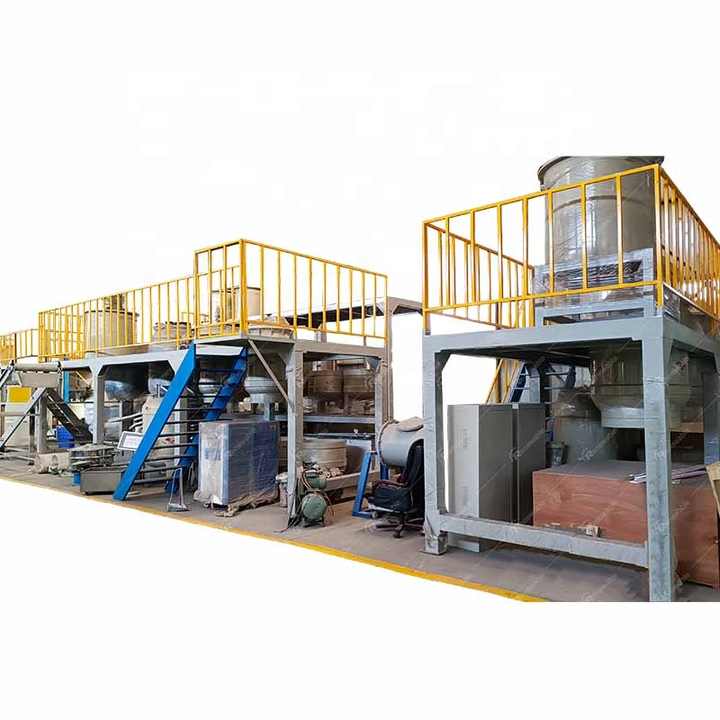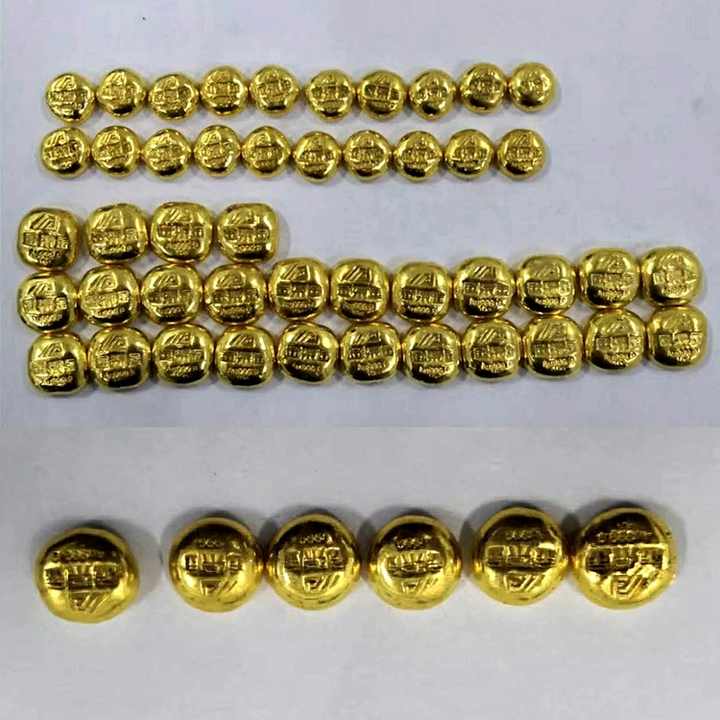Glass-lined Reactors Plants For Refining Of Gold Platinum And Palladium
Glass-Lined Reactors: Revolutionizing the Refinement of Precious Metals
In the ever-evolving landscape of precious metal refinement, the integration of advanced technology plays a pivotal role in enhancing efficiency, purity, and safety. FRT Machinery, a leader in innovative solutions for the metallurgical industry, has pioneered the use of glass-lined reactors (GLRs) specifically designed for refining gold, platinum, and palladium. These reactors offer unparalleled advantages over traditional methods, setting new standards in the extraction and purification processes.
Glass-Lined Reactors Plants Enhance Efficiency in Gold Processing
The application of glass-lined reactors plants in gold processing has brought about significant improvements in terms of throughput and operational efficiency. By utilizing GLRs, FRT Machinery enables refineries to achieve higher yields while minimizing energy consumption and waste production. The inert surface of glass lining ensures that there are no reactions between the reactor walls and harsh chemicals used during the leaching process, thereby extending the lifespan of the equipment and reducing maintenance costs.
Platinum Refinement Benefits from Advanced Glass-Lined Technology
Platinum, known for its rarity and high value, requires sophisticated processing techniques to extract it from ores and concentrates. FRT Machinery’s glass-lined reactors plants provide a robust solution for platinum refinement, capable of handling extreme temperatures and pressures without degradation. This stability allows for continuous operation cycles, which is critical when dealing with the complex chemical reactions involved in platinum purification.
Palladium Purification Made Safer with Glass-Lined Reactors



Safety is paramount in the chemical processes associated with palladium purification. Glass-lined reactors plants from FRT Machinery mitigate risks associated with corrosion and contamination, making them ideal for this application. The smooth, non-porous surface of the glass lining facilitates easy cleaning and inspection, ensuring compliance with stringent safety regulations while maintaining product integrity.
How FRT Machinery’s Glass-Lined Reactors Plants Support Sustainable Practices
As environmental concerns become increasingly important within the industrial sector, FRT Machinery’s commitment to sustainability shines through its range of glass-lined reactors plants. These systems are designed to minimize environmental impact by reducing emissions and improving the recycling of solvents used in the refinement of gold, platinum, and palladium. By adopting these technologies, refineries can contribute positively to both their bottom line and the planet.
Innovations in Design for Enhanced Performance
Continuous innovation is at the heart of FRT Machinery’s approach to manufacturing glass-lined reactors plants. The company invests heavily in research and development to refine existing designs and introduce new features that enhance performance across all stages of metal refinement. Recent advancements include improved heat transfer capabilities, more efficient agitator designs, and smart monitoring systems that provide real-time data on reactor conditions, enabling proactive maintenance and optimization.
Conclusion: A Bright Future for Glass-Lined Reactors in Precious Metal Refinement
With their numerous benefits, including enhanced efficiency, safety, and sustainability, glass-lined reactors represent a significant leap forward in the field of precious metal refinement. As demand for gold, platinum, and palladium continues to rise, the adoption of FRT Machinery’s advanced GLR technology will undoubtedly play a crucial role in meeting global needs while upholding the highest standards of quality and environmental responsibility.

